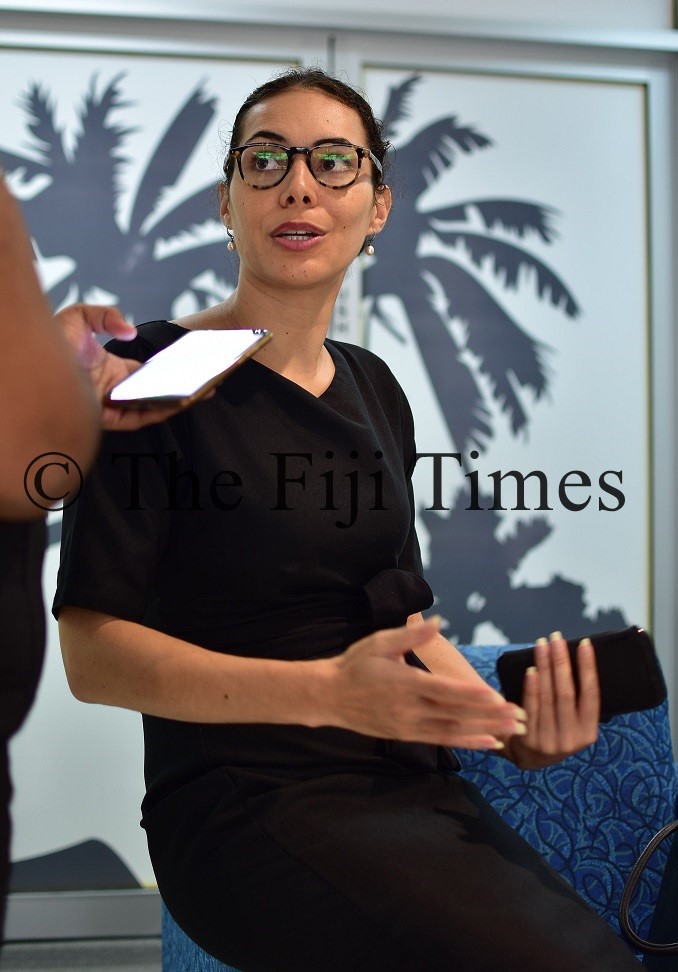Litia Kirwin founded Loving Islands Fiji in 2015 with her first line of organic fair trade food products a year later.
Today the business produces organic value-added products, which are sold both locally and overseas with other small businesses being encouraged to start their own organic-based businesses.
Ms Kirwin was part of the Pacific Trade Invest New Zealand and Fiji Export Council-organised Business Capability Building workshop last week where small exporters were given some insight on what exporting to the New Zealand market would require of them.
Ms Kirwin said coronavirus really had an impact on their international retail sales.
“Most of our products we send either in small bulk shipments or under five kg like consumer shipments. Since the air trade lockdown we have just been canceling our orders and refunding buyers,” she said.
“The workshop today was really good because it gave us some new ideas on different strategies we can use to get our products overseas using sea freight and then on what kinds of services are available in New Zealand and Australia.”
Small business operators at the workshop also heard from PTI NZ and FEC on how using a third party to carry out product distribution would prove to be quite beneficial.
She said the idea of having a third party to do their distribution or pack and ship was very useful for small exporters.
In addition to the impact of COVID-19 pandemic, Tropical Cyclone Harold also did damage to Loving Islands and their supply chains. She said the inter-island shipping had already closed down the activities for their producer and supply links to outer islands because of coronavirus and environmental impacts.
“And now the priorities for our producers have changed from income to rebuilding their immediate needs like houses.”
While things are on hold for some businesses in terms of export, Ms Kirwin said there had been a huge number of inquiries for their homewares and raw organic honey, which meant they just needed to continue building strengthening their supply chain understanding the biosecurity requirements.
“The main barrier to our business has been cost. So for example if we are looking at homeware shipment then there is a phytosanitary certification requirement for each shipment so that could be from $20 to $40 and that’s definitely an added cost.
“But if we use this sea freight service then we just pay one cost for the shipment and maybe put it to a third party for distribution of products.”
Despite the challenges, the business has continued to grow over the years, including their supply chain producers and the range of products.
“For us based in Suva, we are just building that manufacturing capacity into organic cosmetics and more professionally designed retail packaging to make it more appealing to the consumers.”





